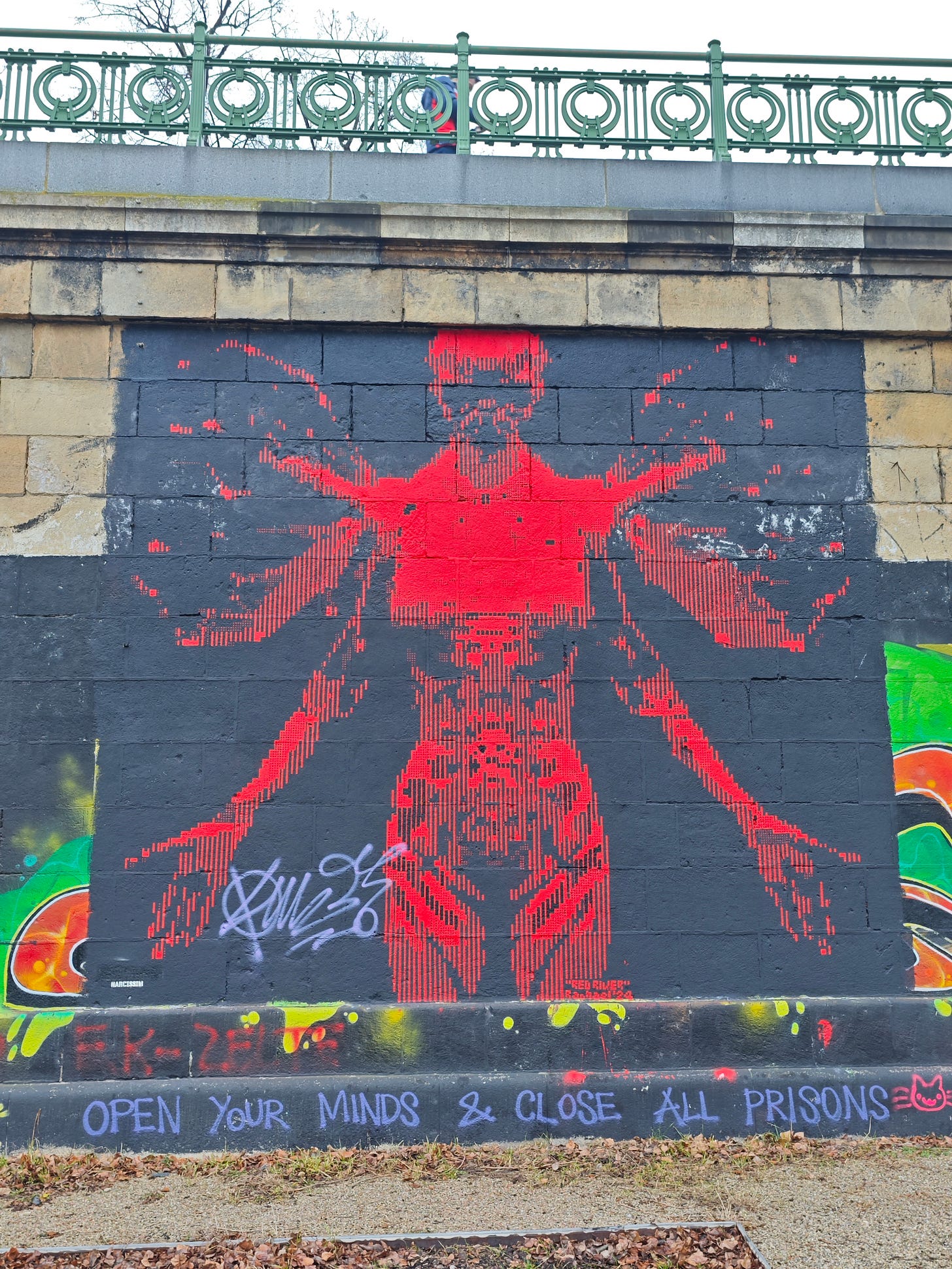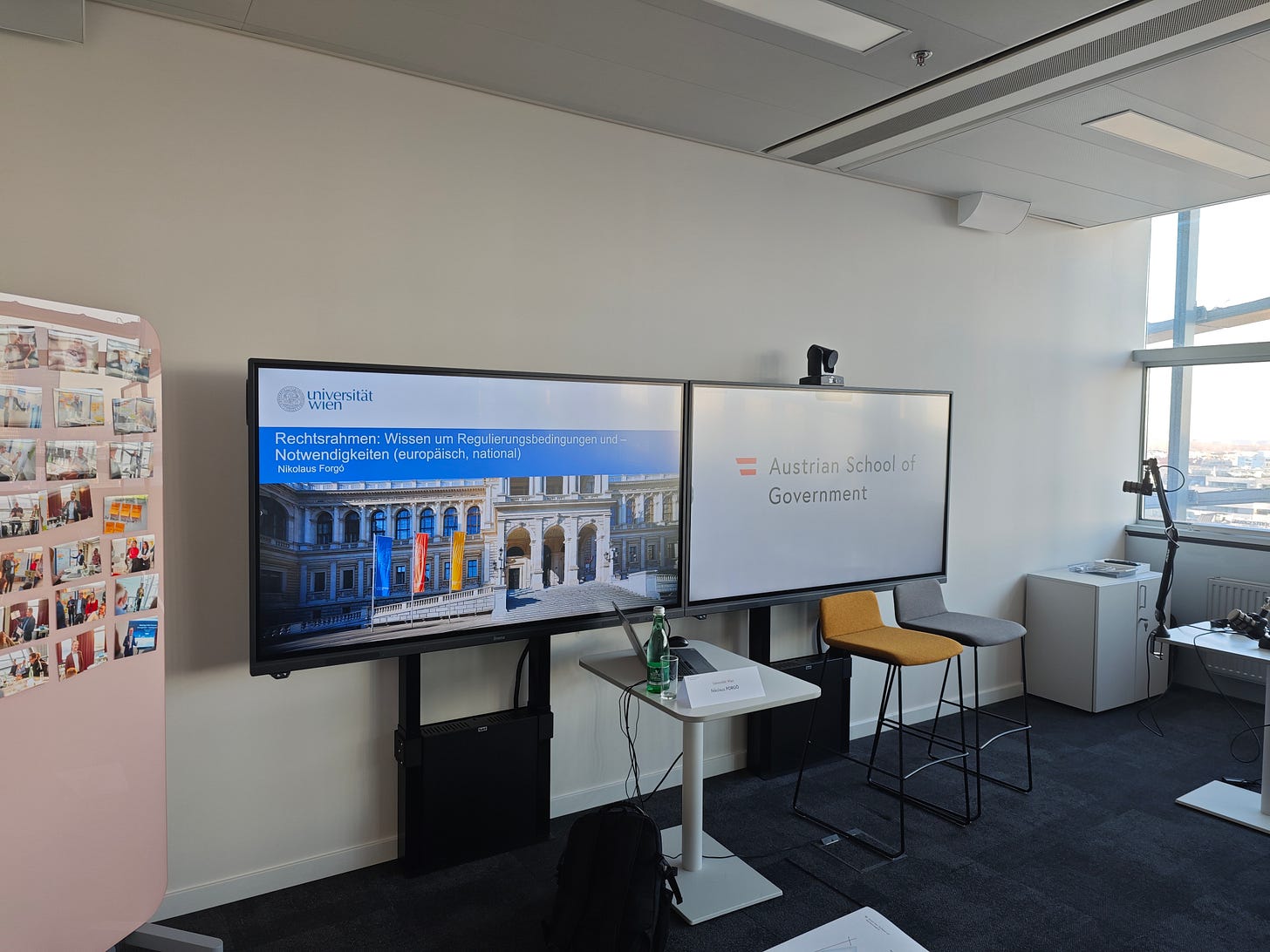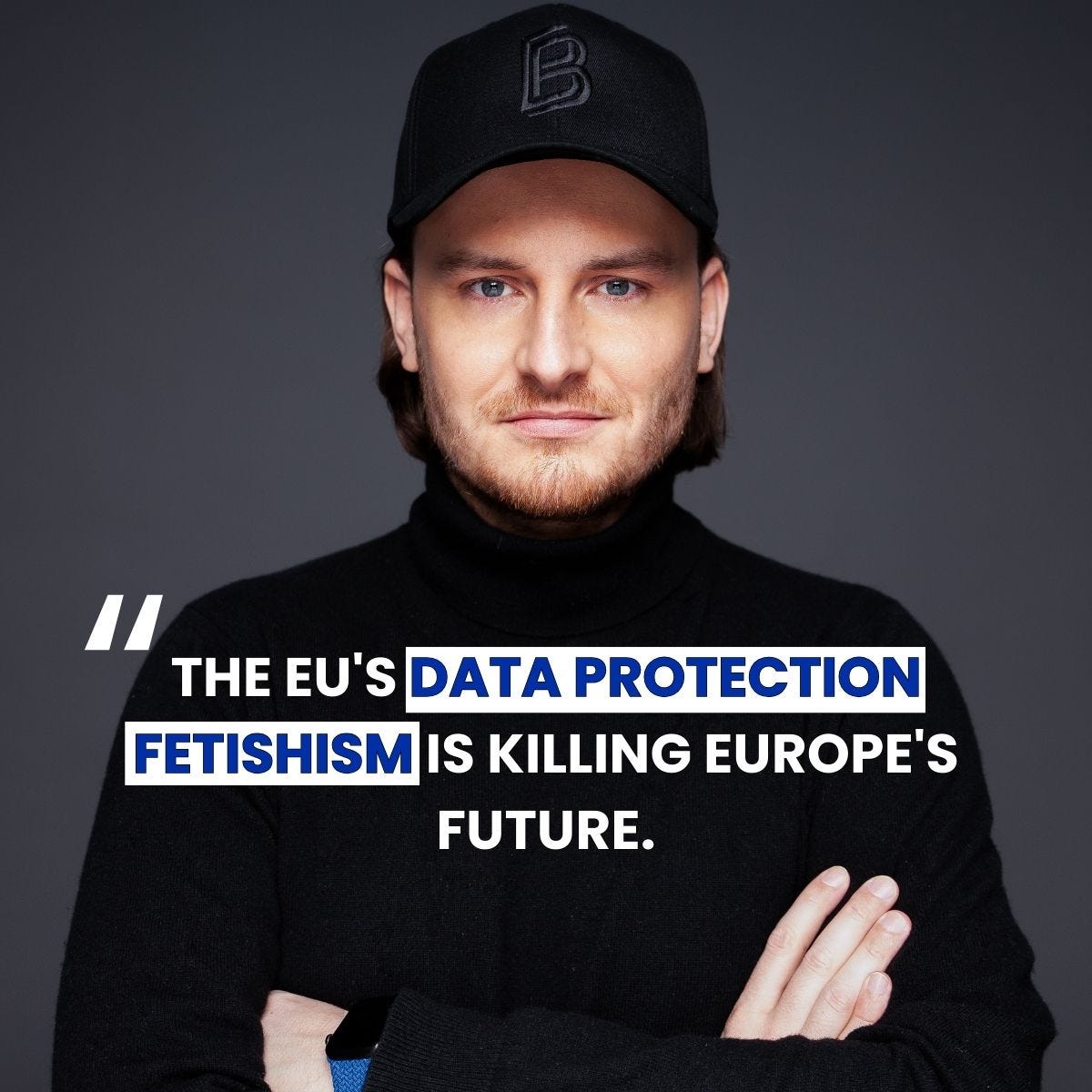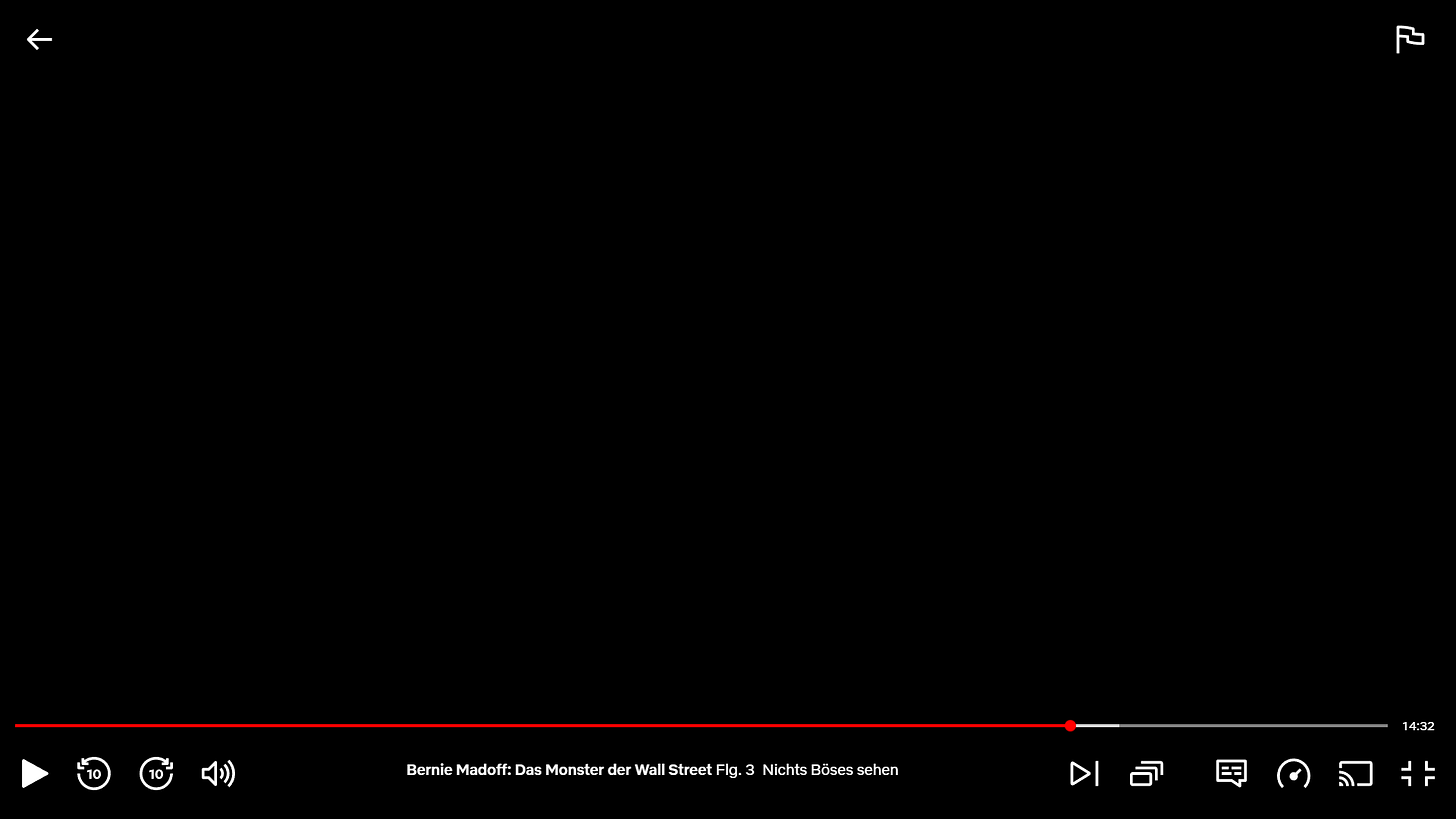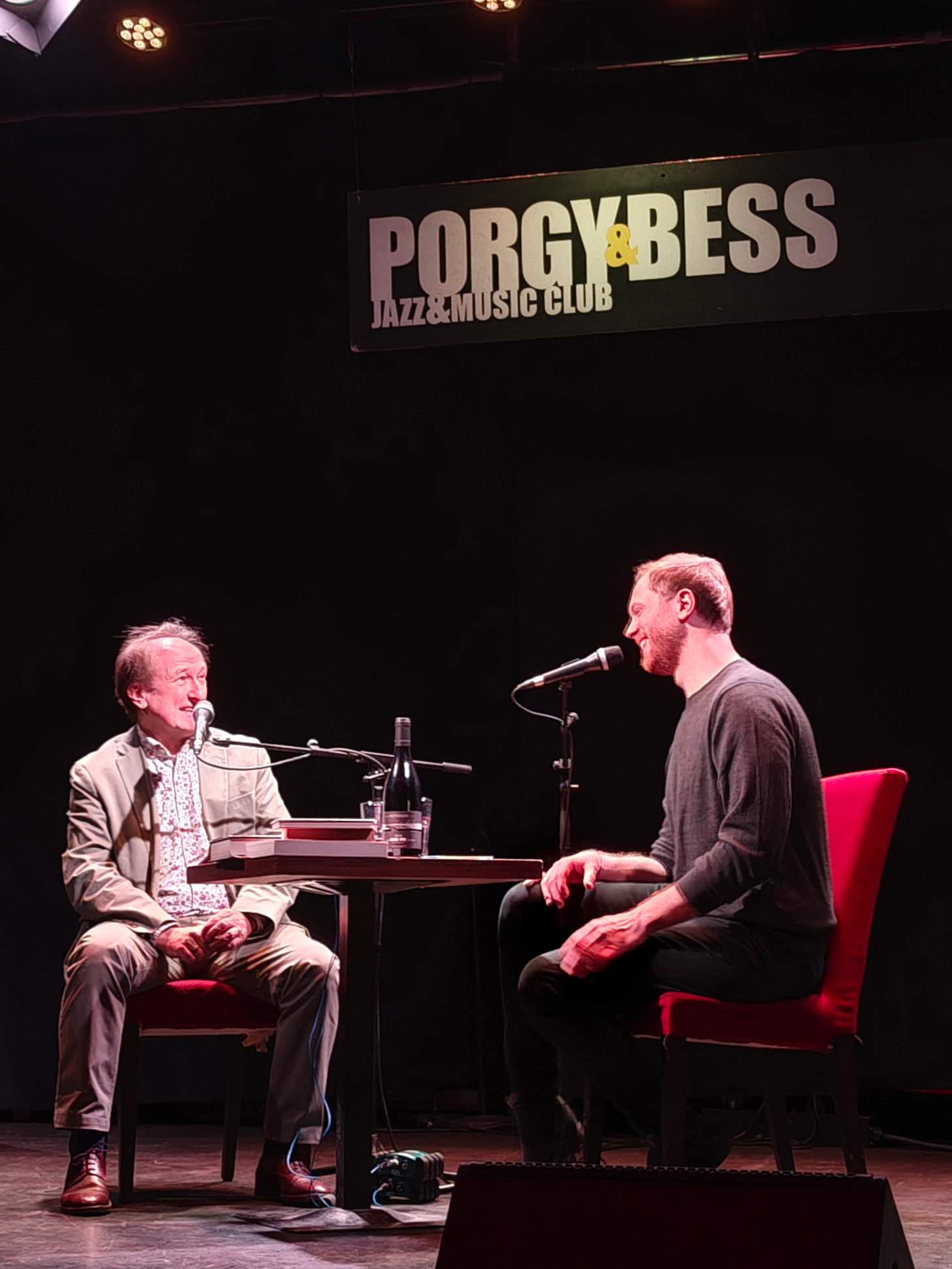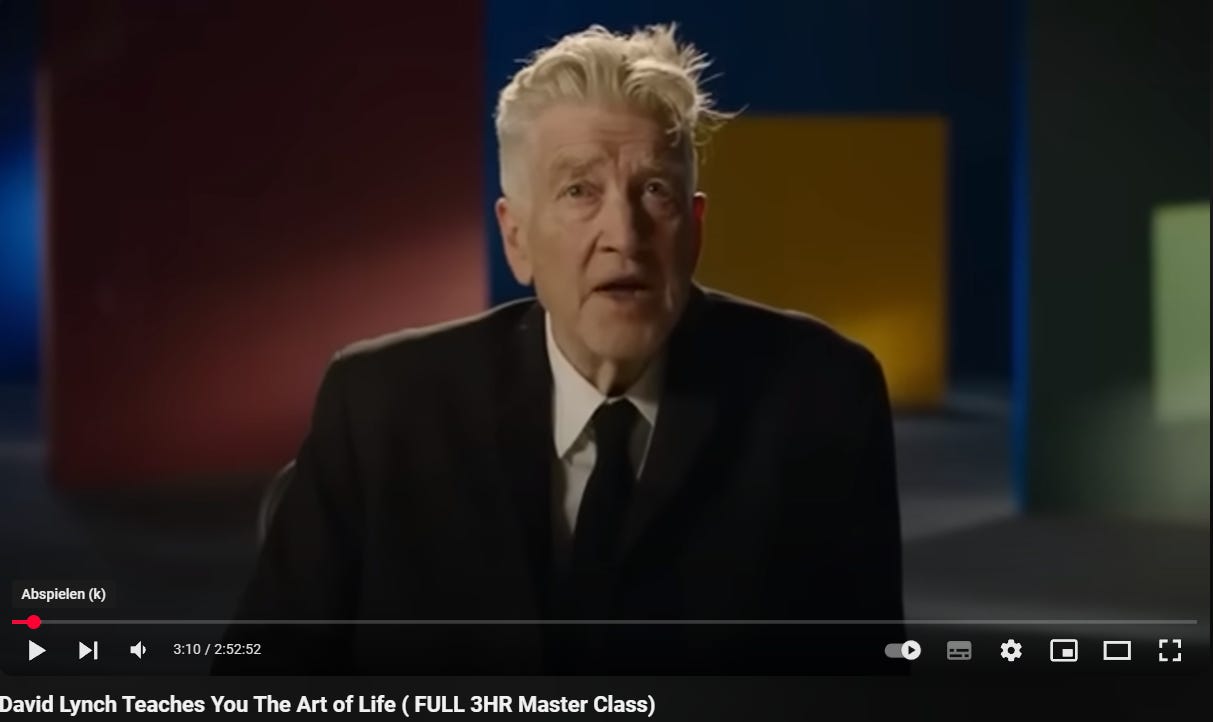Week 06/2025
Like a flame burning brightly
Street Art at Donaukanal
NSFW
This week’s song is in memory of David Lynch who passed away on January 15th. It’s Isabella Rosselini singing Blue Velvet.
The film can be seen (again) in Vienna on February 6 and on February 16 and many other Lynch films are on programme again now.
I didn’t find Rosselini’s song on Spotify, but a pretty playlist of the film
with the wonderful “Love Letters” from magnificient Ketty Lester in it
and including a Blue Velvet version that is not in the film, but from Lana del Rey and therefore nice too (like most songs Lana is singing, but that’s another story).
Retrospect
AI and Education
We discussed in some depth UNIVIE’s guidelines on AI in teaching
in #arsboni
including a podcast on AI in German Studies
hosted by Dr. Matthias Leichtfried.
The topics we were dealing with in this episode are on my personal top list at the moment. I am constantly puzzled how unbelievably slowly institutions (and people) adapt to technological changes and how quickly these changes put (potentially) everything upside down. When I was in my 20ies I expected printed books on legal matters (or at least law journals) to disappear within 10 years. And still, 30 years later, publishers make huge profit by simply printing (on paper) hundreds of pages of law text - with no IP invested at all - and with thousands of students buying a new edition of the very same book - every year.
Now, I believe that (legal) knowledge, at least in principle, will no longer be a scarce ressource soon but that the only things lawyers will (hopefully) be able to do better than non-lawyers will be to put this freely available knowledge into (social and legal) context. But what does this expectation mean for (my) teaching of the law? And what for everybody else’s approach on this? Is this something every teacher needs to decide individually? And how much do they need to know about the technological changes to take a decision here? Or is this an issue on faculty level? National level? Civil law tradition level? And how important will it be for everybody to “understand” the technologies used in order to be able to assess them?
And how to deal with all the unforseen (and unforseeable) technology leaps to come? It’s somehow ironic that in the moment we were speaking in #arsboni the hype with Deepseek just started with an NVIDIA loss in market share of 600 Billion $ on the very same day.
In my view, there is a very clear discrepancy between all the marketing hype trying to sell just another book or course or keynote or authority on AI or the AI act (or DSA, GDPR, you name it) and a (realistic) exchange of opinions on the impact the technology will have.
And it’s somehow also ironic that presumably the law is, again, too late for everything here as Der Standard reports:
Legal Information
Dr. Paul Eberstaller spoke about his PHD on the Austrian legal information system (“RIS”) and how it could and should be modernised. This was filmed in the laundry with a redundant, second microphone (Rode Wireless Pro) as a backup. I didn’t need the backup - which is also good because I am not fully convinced of its quality (yet?) (Too little gain, some backgrtound noise, too much room). The sound you hear is from my primary gear (Shure SM-7-B) which I still like a lot.
Paul is brilliant in explaining his topic and is one of the most creative, tech savy young lawyers I know (checkout RIS+ that he invented, or ai:ssociate he currently works on).
I will change the video settings on public only later tomorrow so that you are the first knowing about it, prior to its official release :-).
Last not least, Mag.a Shirin Ghazanfari did a wonderful job in analysing the new rules on seizure of data taht were litteraly published in the very last moment on December 27th 2024.
She is just great in dealing with my too many very sceptical, probably stupid questions.
Austrian School of Government
I was invited to give a lecture at the Austrian School of Government - an institution coaching senior level federal officials - on digitalisation and AI.
It was just a perfect opportunity to rant About Elon Musk and Thierry Breton
but also the newest announcements of just another policy change in the Commission
Here’s an interesting assessment of the situation (that I had unfortunately not yet known when presenting), written by bruegel.
I had read (and quoted) this assessment from bitpanda CEO Eric Demuth
stating inter alia:
“let me be absolutely clear: that ship [European AI development competititivenness] has sailed. Europe has zero chance of being a leader in this space. None. It’s over. But at the very least, we must open the door to use the groundbreaking tools being built in Asia and the USA. Without them, even the faintest hope of competition is gone. […]
While the world sprints ahead, Europe ties itself down with regulations like the AI Act, isolating itself from the most important innovations of our time. We are on our way to becoming a Third World Region for tech.”
We had a very nice debate that I appreciated a lot. We’ll see whether it has any impact.
Prospect
#arsboni
I will speak with Dr. Ranjana Andrea Achleitner on (private) enforcement in DSA and DMA.
I met Ranjana recently at our conference on platform liability and very much appreciated her contribution.
The topic is very current and important, in particular in context with X, Telegram and TikTok.
Déjà-Vu
Let me introduce a new section this week: Déjà-Vu. Déjà-Vu is for topics I covered somewhere somehow in a Weekly and developed further, somehow. It will therefore not show up every week, but will hopefully help to stay on track with some discussions mentioned here. I have two entries in this category this week:
UNIKO Reception
The recption I reported about last week (Weekly 05/2025) is now also covered extensively on their website: (something like) 500 photos and a written report.
WhiteHouse and “New” Media
As discussed in Weekly 04/2025, the White House has changed their policy in press briefings by explicitly privileging “New” (or: “Alternative”) Media.
In her very first briefing, Karoline Leavitt, the so far youngest White House press secretary ever, announces that New Media will profit from better seating (and direct responses) in the Briefing Room.
Look and Feel
Parlament
If you’r interested in European politics and legal institutions, I may recommend a (Netflix) series to you:
I just learned from Wikepdia, that there are 4 seasons already, wheras Netflix has only two of them so far (that I know now), but they are worth being watched: funny and (rather) realistic picture of European legislative work. Der Standard has a very positive review.
Bernie Madoff: The Monster of Wallstreet
À propos Netflix: They also have a series on Bernie Madoff and his Ponzi scheme that is very interesting: both from a storytelling but also from a content perspective.
The Austrian banker Sonja Kohn, Bank Austria and UniCredit play a role in the film too. If Netflix weren’t so stupid to not allow me to make a screenshot “for copyright reasons”, you would see the former BankAustria main building, one walking minute away from UNIVIE’s lawschool “Juridicum” here, instead of the useless black rechtangle below (it’s in episode 3, at 48’20’’).
Porgy & Bess
Due to an initiative of a dear friend, I got to know a very nice event series in Porgy&Bess: Martin Kupferblum had breakfast with Martin Nittnaus.
I happen to know Nittnaus from last year’s Sommerhochschule which is one of the reasons why I went there. It was a very nice conversation about wine and culture and history; Kupferblum asked the right questions and played som nice music too, including Ernst Molden,
and was a thoughtful conversation partner.
Follow up sessions of this very likeable format will be on February 2 with Richard Weihs, March 16 with Prof. Dr. Oliver Vitouch, May 18 with Daniel Landau. It’s a very nice opportunity to spend a Sunday morning in an inspiring and mindful atmosphere.
And, not to forget, Ernst Molden will play with Sigrid Horn in Burgtheater on March 2nd.
Christian Pilnacek
Die Dunkelkammer has an episode about two upcoming books (one, two) questioning the circumstances of Christian Pilnacek’s alleged suicide.
The story was, inter alia, object of a parliamentary inquiry and a response by the (acting) minister of justice.
David Lynch
YouTube has a very nice documentary on David Lynch teaching the art of life. “We are nothing without an idea.”. I like, in particular, how much he stresses the importance of mental health for creativity. And “When it comes time to writing, I like to write” could be something like a motto for a professor’s work.
And this is what Isabella Rosselini posted on Instagram after his death. It’s a perfect picture.
NSFW II
Allow me one exceptional additional hint here today: The Köln Concert turned 50 this week. It was performed on 24 January 1975. It’s (as far as I know) the best-selling solo album in jazz and the best-selling piano album ever. The internet knows that it was recorded with a set of two Neumann U 67 microphones. For me, this was the first entry door into jazz music - about 45 years ago. I bought it in a record shop in Stumpergasse - Why not - and still remember the mysogyn salesguy there who very subtly signaled his contempt for me due to this purchase.
May it (still) give you (and me) some comfort.
Daisy
enjoys the snow - if she has to (and if there’s snow - this is from last week).
© Birgit Forgó-Feldner
Have a wonderful week!
Kind regards
Nikolaus (Forgó)


